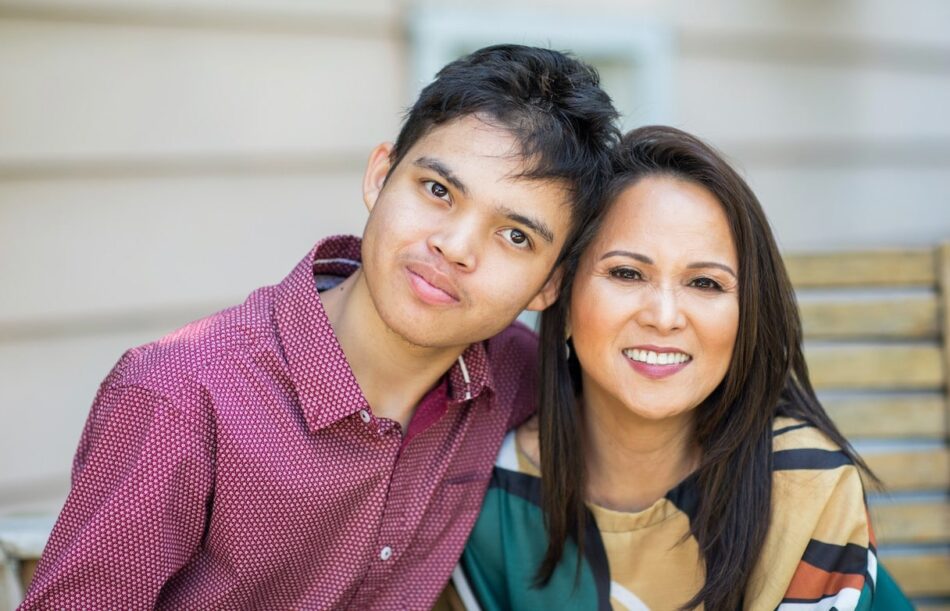
Young Adults and ASD: Challenges to Consider
For most young people, the passage to early adulthood presents new responsibilities, greater levels of independence, and shifts in social and family relationships. This time of life can be especially challenging for young adults with ASD, who may experience changes in their ASD symptoms and co-occurring health issues, and don’t necessarily have the same opportunities as their peers without ASD. In fact, many young adults with ASD continue to live with family members of relatives, have a limited social life, are less likely to be employed or be planning a career, or participate in education beyond high school.
Long before the teen with ASD finishes high school, parents can start the search for support services, facilities, and community resources that can help the individual with employment and independent living. While some adults with ASD can work successfully in mainstream jobs, others do better in sheltered workshops under the supervision of managers trained in working with people with disabilities.
In terms of independent living, some young adults with ASD are able to live entirely on their own, and others can live semi-independently with some assistance, such as help with managing personal finances. Families of individuals who live at home may be able to access government funding such as Supplemental Security Income (SSI), Social Security Disability Insurance (SSDI), Medicaid waiver programs, and other services. Parents can contact the Social Security Administration (SSA) for information specific to their state.
Other options include the following:
- Supervised group living. These are group homes or apartments staffed by professionals who help residents with their basic needs, such as housekeeping and meal preparation. Individuals who are high-functioning and can prepare their own meals, work, and conduct other daily activities may need staff visits only a few times a week.
- Co-ops. Co-ops are similar to group homes, but the dwelling itself is owned by a group of families or individuals who have developed a cooperative agreement. Often the group will hire an agency or independent caregivers to provide support services to residents.
- Institutions. While many states have moved from long-term care institutional model to a group home model, individuals with ASD who need constant, intensive supervision may have this option available.
Local resources are also helpful in finding social opportunities for young adults with ASD. Autism support groups and Meet-Ups can be accessed at the Asperger/Autism Network online, on Facebook, and through local community agencies.
Harsha Autism Centers provide ongoing care for children, adolescents, and young adults (ages 2-22) with autism to improve the quality of their lives. If you would like learn more about how Harsha Autism Centers can help please contact us at info@harshaautism.com or call (812) 233-8833.



